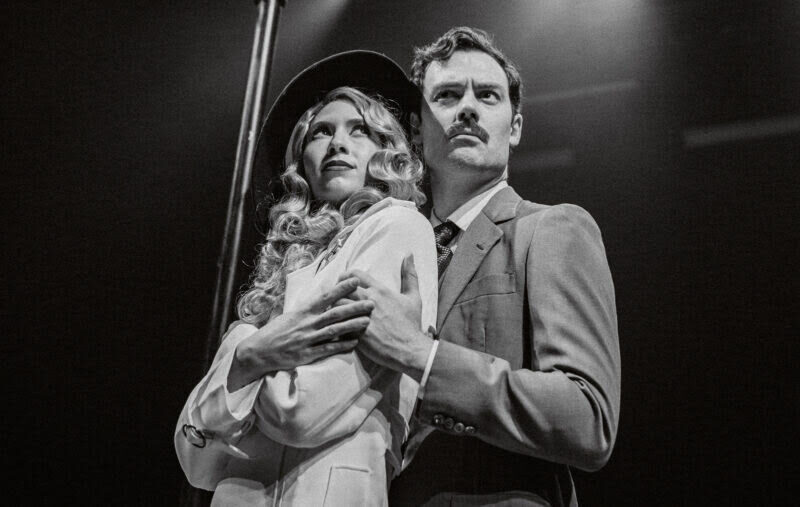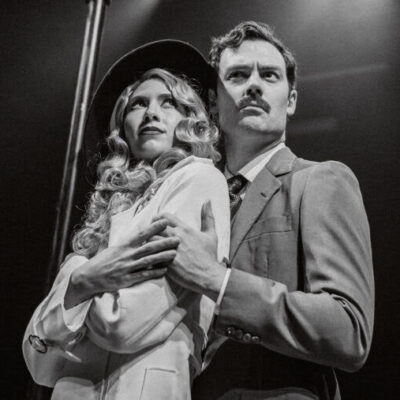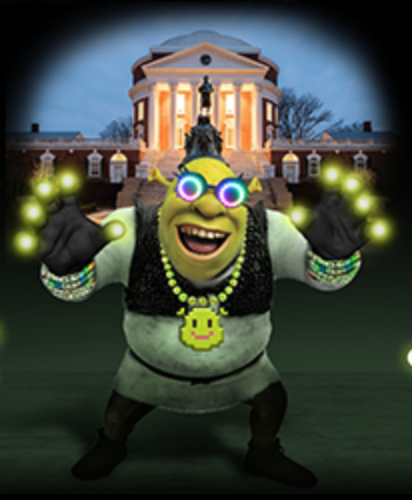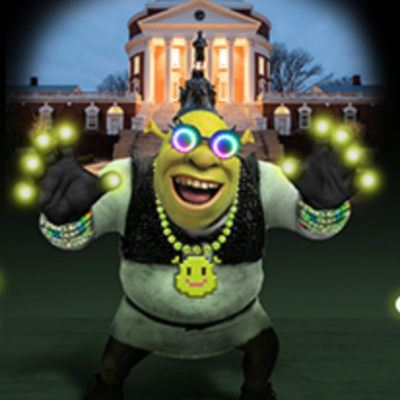Not to be confused with Pride and Prejudice or with Hope and Glory, probably to be confused with many police thrillers of years and decades past, Pride and Glory is the new movie about a few of New York’s finest who fall from fineness.
A drug bust gone fishily wrong leaves four cops dead and tensions mounting among four more, who are related. Of these, the smart and decent one (why, Edward Norton, of course), under pressure from his detective-chief dad (Jon Voight), reluctantly leads an investigation into what went wrong, and comes upon some unsettling information about his brother (Noah Emmerich) and brother-in-law (Colin Farrell). What went wrong, it turns out, are some cops. And in various ways, the casualty count rises.
|
Bad boys, bad boys, whatcha gonna do? Colin Farrell (left) and Edward Norton mix their NYPD day jobs with family business in Pride and Glory. |
Never mind that these events are set during the sparkling, cozy cheerfulness of Christmastime in the city; it’s an unrelentingly grim world these guys inhabit, in which, although most plot points seem predictable, pride and glory seem neither attainable nor morally affordable. The movie wants to honor cops—the good ones, anyway—but treats its characters less like people than pawns in an emotionally manipulative game of…well, checkers, really.
Co-scripted by Joe Carnahan (Smokin’ Aces, Narc) and director Gavin O’Connor, from a story by O’Connor and his brother Gregory (who had New York City cops for a father, an uncle and a grandfather), along with retired NYPD detective Robert Hopes, this particular cocktail of tough-guy-ism and plot convolution is commendably unafraid of cop-drama clichés—from the fuckin’ New Yawk-accented shouting matches to the loyalty tests to the pervasively gloomy blue tint. (The director of photography is Declan Quinn, whose formidable skills are concurrently and much more artfully displayed in Rachel Getting Married.)
It’s also well played all around, with no shortage among the performers of commitment to their skimpy material. Norton and Voight in particular show off their acting chops, and the film owes them a lot for it. (Movies have begun taking the greatly talented Norton for granted now, and maybe he should be careful not to enable them.) Plus, at least one person gets to really go off the deep end, intimidating some other-than-upstanding young parents by holding a hot iron to their infant’s face. And there is even a sudsy cancer-stricken-wife subplot, in which Jennifer Ehle does what she can with a completely thankless part.
Pride and Glory had some setbacks getting made and distributed. If only its theatrical release could feel like a triumph.
That generic title won’t help in a few months when you’re staring at the DVD and trying to place it, wondering when this movie came out and whether you saw it at the time and thought it any good, or instead determined, correctly, to save it for a rental. Or maybe you’ll be wondering whether it was actually the Mark Wahlberg-Joaquin-Phoenix-Robert Duvall vehicle We Own the Night that you’d been thinking of.
Never mind what Tolstoy said about happy families. The new rule, according to Hollywood, is that most families are dysfunctional, some cops are dirty, and many movies involving cop families are pretty much identical.





